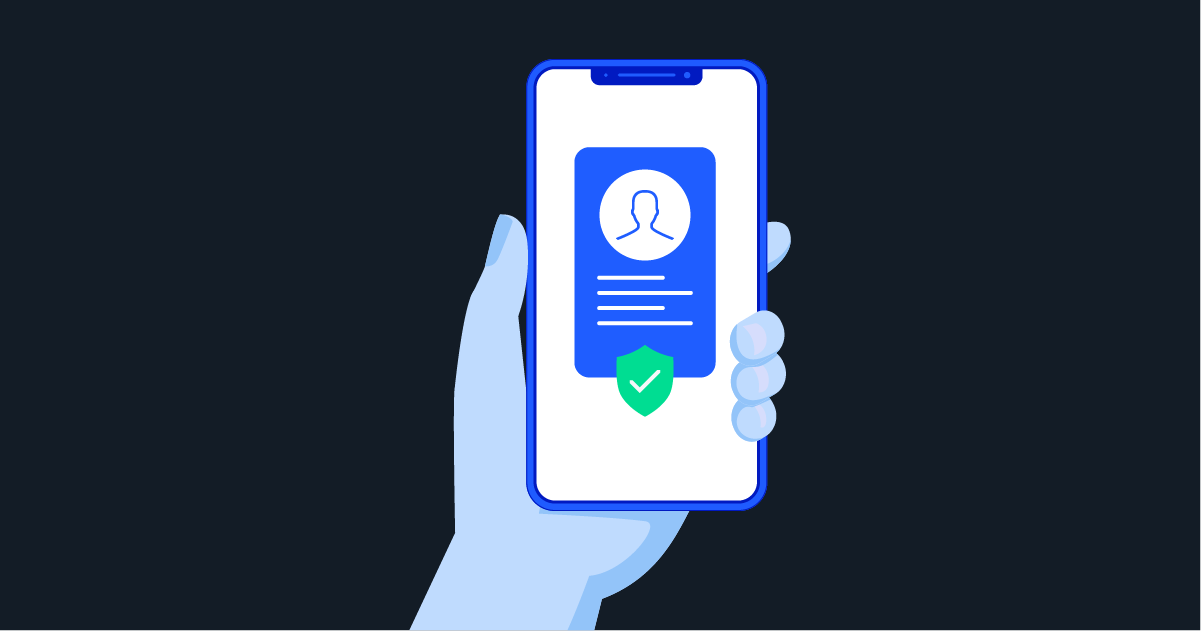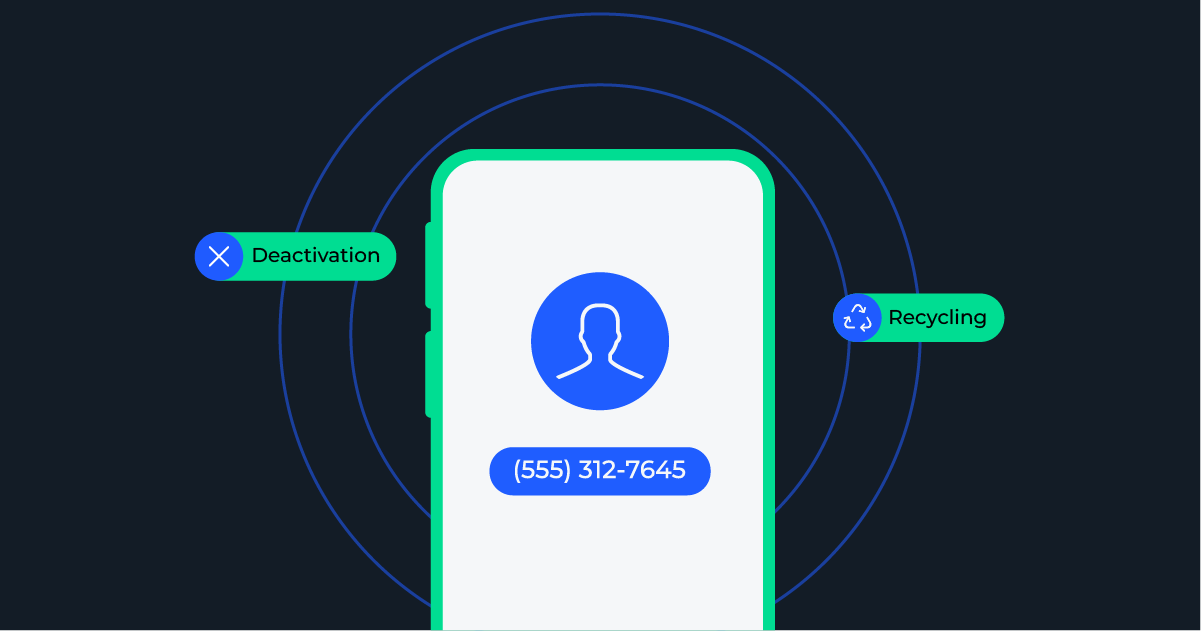
Headlines around the world remind us that breaches have become commonplace for far too many businesses. Establishing reliable end-user security is now a requirement for any Web or mobile application in the market. Phone-based verification is a simple way to help protect your brand and your business, and more specifically for end-users, extending security options like two-factor authentication (2FA) and account or transaction verification is increasingly becoming a “must.” Application to Person (A2P) SMS is an easy-to-use and common method for delivering these options.Most Web and mobile app companies have aggressive goals to grow their user base as quickly as possible, while keeping acquisition costs low. Providing these types of account security options–while necessary–is proving to be challenging because A2P SMS costs are rising and driving prices up around the world. It can be extremely difficult to forecast the expense of such services consistently, while maintaining growth and security targets. You need to find ways to affordably and reliably offer end-user account security.
Table of Contents
The World of A2P SMS
To say that it’s a “mobile-first world” is putting it mildly. A 2013 report by Portio Research (Mobile Messaging Futures 2014-2018) went so far as to suggest that there are “almost as many mobile phones in use as there are people on the planet.” This widespread adoption of mobile phone technology has changed business in a big way. SMS has become fundamental to company operations. According to research forecasts*, A2P and P2A (Person-to-Application) messaging will account for more than a quarter of total text messages by the end of 2018–with global traffic at 1.762B. So with this major market trend comes major market opportunity.SMS is a core part of mobile network operators’ (MNOs) revenue and an even more important component of their profit line. For operators, monetization of SMS has historically been negatively impacted by SMS delivery aggregators that use unregulated or unprotected “grey routes” to terminate SMS delivery. This means that an aggregator would bypass creating a direct or approved relationship with an operator to terminate SMS messages and use alternative “unapproved” methods to deliver at a low or no cost–cutting the operator out altogether. In the meantime, operators have begun putting preventative technology into place and are one-by-one implementing traffic filtering to block grey routes or unapproved access. As this is happening and as filtering is implemented, SMS market prices go up.

The percent increase of SMS cost varies by region throughout the world, but all areas are seeing and feeling the rise. When looking at the year-over-year impact of traffic filtering on termination price for the month of January, for example, the range is from a 2,000+% increase in certain regions of Asia to 1,000+% in areas of Europe and just under a 100% increase in Northern Africa–where the increase is the smallest. The biggest movements are expected next in Asia, most likely to be followed by the Americas.
How to Navigate It All
To address the rising cost of SMS, businesses with users in regions around the world should partner with a security-based messaging provider who can offer expertise and guidance on the best way to affordably and securely help you grow your user base. Telesign is the only global SMS provider founded on account security. While aware that the costs are on the rise, we have expanded our product portfolio to offer complementary solutions that work together to optimize spend, while creating the best possible and least amount of friction for the end-user. The most recent addition to the Telesign product family is App Verify.For those customers that have a percentage of their user acquisitions or account registrations come through mobile applications, integration of Telesign App Verify (available for Android and iOS) provides an opportunity for significant cost savings, while providing an easy, frictionless user experience. Telesign’s App Verify Android SDK requires minimal end-user interaction and utilizes a Telesign server direct connection to the device, offering phone verification at a lower cost per conversion compared to SMS-based verification alone. Businesses can also gain more transparent, predictable costs as this SDK only charges for completed verifications. That means no more paying for attempts with, only when a user successfully completes the transaction. The App Verify Android SDK is simply another secure option to leverage that is easy to integrate, and can be used as an option before triggering or offering an SMS.
Verification Made Easy
As there are many potential options and partners to work with out there, this can all be extremely overwhelming. The best way to leverage the value that comes with integrating end-user account security is to choose a provider that has been market tested and selected time and again, specializing in security and delivering consistently on a global scale. Telesign has a global Client Services team, dedicated to working closely with customers from the very beginning of integration, to help them address their pain points, challenges and needs. This can be simple guidance on SMS, Voice, Auto Verify or data service best practices, recommendations on the best user flow to create the best user experience, or simply answering the phone for any question when neededÉ24/7. The team has worked through some of the industry’s largest and most complex integration experiences, and provides guidance on what to do–and more importantly, what not to do. The end result for you is a successful launch of the most reliable account security and verification options available, a smooth end user experience, and a positive view of your brand in market.Take a look at Telesign’s App Verify page to learn more about how it can help your organization combat the rising costs of SMS, while offering a secure end-user experience.”


